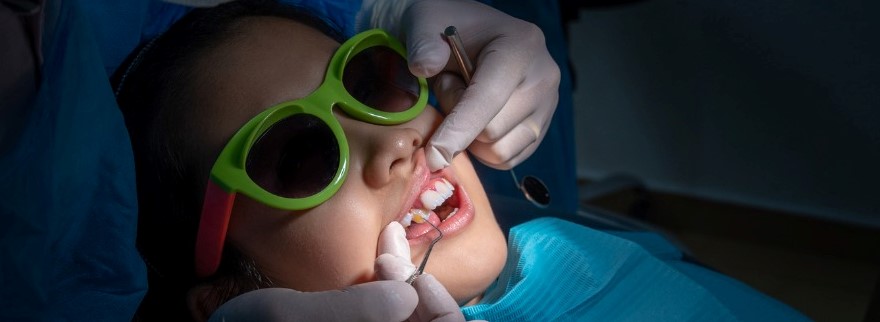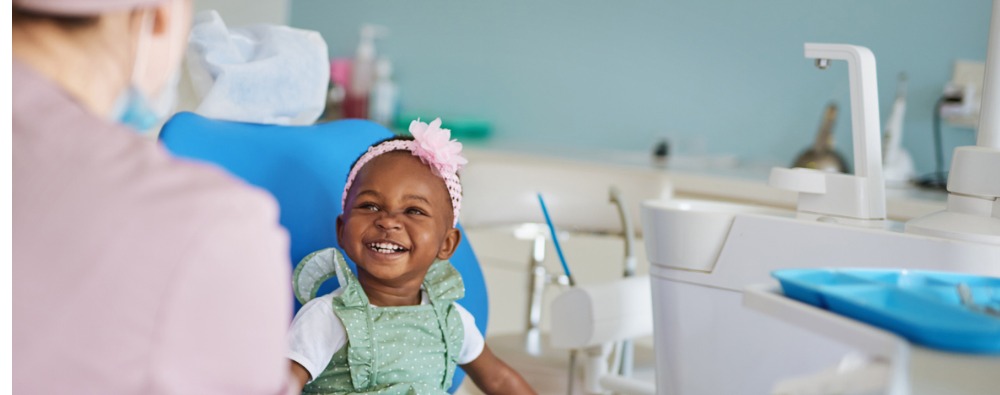Originally published February 2020. Updated August 6, 2020.
Taking your child to the dentist can be a struggle. Obstacles like traffic, the waiting room, new smells and sounds all factor in to create a potentially stressful situation for any child (and parent). However, for children with autism and other special needs, these situations can be even more distressing.
With February being National Children’s Dental Health Month, Delta Dental of Washington wants to offer some useful tips for parents of children with Autism and other special needs to help navigate their oral care.
Need a specialized dentist for your little one? Use our "Find a Dentist" tool to find the provider that's right for you!
Find a Dentist
Find a Dental Home Early
It’s important for every child to have their first dentist visit by their first birthday. When you do this, you’ll be normalizing the experience and making dental care part of their general overall care routine. Instead of being scary, going to the dentist become a normal occurrence. If you’re new to the provider or dental experience, you should be prepared for your fist visit to the to not include an actual cleaning. Many specialized care providers use the first visit as an introductory one that familiarizes your child to the new environment and people. This is a good time to inform your dentist and hygienist about any specific triggers or sensory issues your child may have.
Make a List of Your Child’s Current Medications and Medical History
Bring a list of current medications your child is taking and provide a list of diagnoses from your medical provider. You’ll also want to bring a list of any medical and surgical history along with dates. This will give your dentist a better understanding of your child’s medical health in relation to their oral health.
Additional Questions You’ll be Asked
Be prepared to answer a number questions about your child’s diet, at home care and learning environment.
- What kind of foods are they snacking on?
- Do they primarily drink water, juice or milk?
- What does their daily oral care plan look like? Do they brush twice a day and floss before bedtime?
- Are they able to brush and floss on their own, or do they need help?
- Are there any environmental factors that could pose any risks for falls or other injuries?
- Are they involved in any sports that might require a mouthguard?
Being prepared to answer these questions will help your dental team develop a plan to best care for your child and make the experience a positive one.
Need a specialized dentist for your little one? Use our "Find a Dentist" tool to find the provider that's right for you!
Find a Dentist
Explore related topics

Your child and dental anesthesia

Children's oral health: a guide

Tips for Taking Your Special Needs Child to the Dentist


